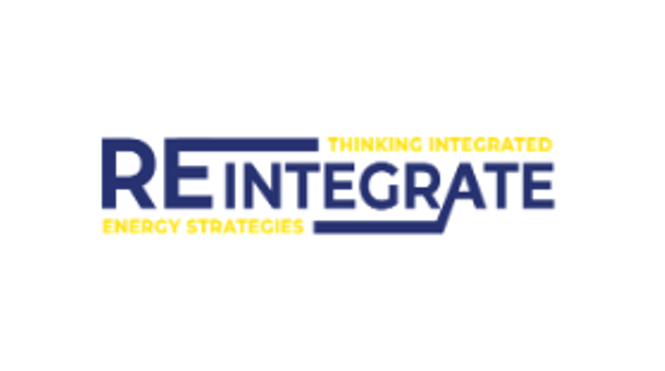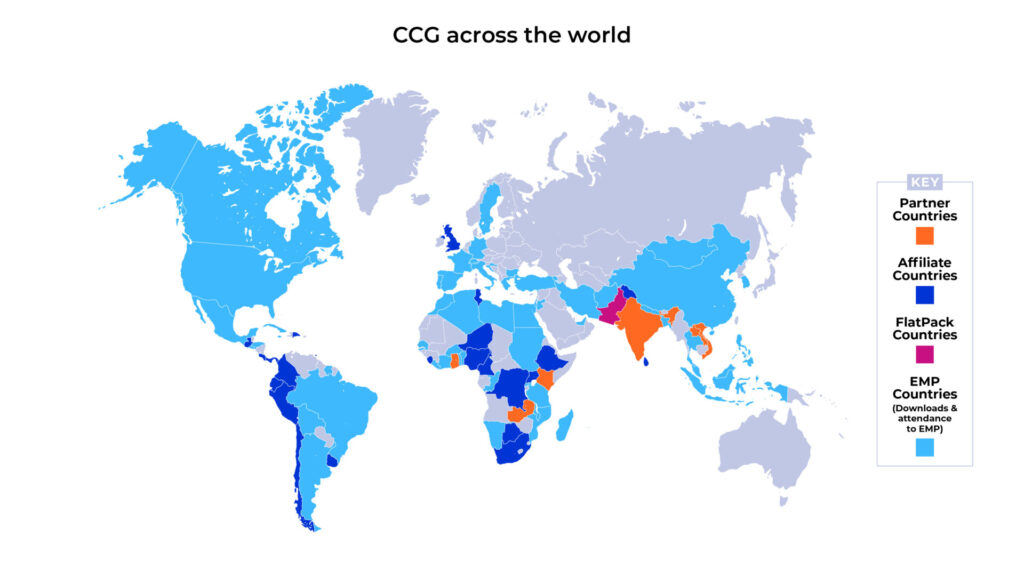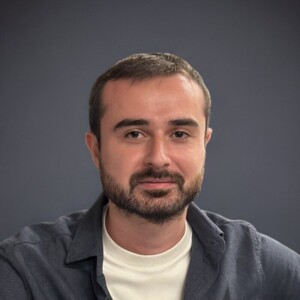Overview
In partnership with RE-INTEGRATE FlatPack helps universities bring open-source energy modelling tools into their teaching and research, especially in low- and middle-income countries. It’s all about giving academics the resources they need to deliver great courses, connect research to real-world policy, and create a pipeline of skilled modellers for their country.
The FlatPack aims to empower institutions to play a bigger role in shaping national energy plans and unlock new opportunities for investment and impact. For universities that adopt the FlatPack, there are a range of exciting opportunities that can be offered, including scholarships and training opportunities.
If you are interested in the FlatPack, please register your interest here and we will follow up.

Two Ways to Bring FlatPack to Your University
FlatPack offers two flexible routes to help universities integrate open-source energy modelling into teaching:
1. Teaching Kit Website
For universities ready to take the lead, this option allows academics to independently adopt CCG teaching tools using our best-practice guidelines. Once your course meets the standard, it can be recognised as a FlatPack 1 programme – giving you access to resources, visibility, and the opportunity to support others. Everything you need is available through the Teaching Kit Website, including example syllabi, assessments, and learning materials.
To implement FlatPack 1, visit the Teaching Kit Website
Available courses include:
- OSeMOSYS
- MAED
- CLEWs
- OnSSET
- FINPLAN
- Financial Modelling for Energy Transitions: MINFin, FinTrack & FinCoRE
2. FlatPack Bootcamp
FlatPack Bootcamp offers a step-by-step process where CCG works directly with your team to embed the tools into your curriculum. You’ll get personalised help from experienced coaches, technical guidance, and access to a global academic community. Over time, this transitions into a peer-led model driven by trained FlatPack academics.
Apply for FlatPack Bootcamp here.

WEBINAR VIDEO AVAILABLE NOW: FlatPack: Bringing Open-Source Energy Modelling into Universities: took place on 24 September. The Energy Modelling Community enjoyed an interactive session introducing FlatPack, the new way to integrate open-source energy and financial modelling tools into university teaching and research. The session featured testimonies from academics who have already implemented FlatPack, sharing their experiences, challenges, and successes. These were: Nam Nguyen Hoang from Vietnam, Sounthisack Phommachanh from LaoPDR, Eng. Dr. Bernard Ouma Alunda, PhD, PE, MIEK and Martin Mutembei from Kenya, Clement Sichimwa and Muchima Mulunda from Zambia and Felix Amankwah Diawuo from Ghana. The video is an ideal introduction for educators, researchers, and institutions interested in strengthening their teaching, connecting research to policy, and joining a growing global network of energy modelling practitioners. Watch the Video here.
Where has FlatPack been implemented in the past?

Opportunities After Integrating the FlatPack
The Catalyst Facility
If your course has successfully integrated FlatPack and passes a Quality Assurance process, it could become eligible to offer scholarships funded by the Catalyst Facility to help talented students access MSc programmes. Academics involved in these courses – and their graduates – can also apply for mini sabbaticals, writing retreats, and joint scholarships.
The Catalyst Facility (more information coming soon) is here to help grow impact by:
• Offering scholarships to attract top students
• Supporting academics with training and new teaching tools
• Funding research time and collaborations through mini sabbaticals
Together, FlatPack and the Catalyst Facility open doors to partnerships, joint projects, government engagement, and the chance to shape real change in energy education and research.
Training and Coaching Badges
If you’ve used CCG tools in your MSc teaching and completed the quality checks, you could earn the Associate Trainer badge – a great way to get recognised and become qualified to conduct training at events run by CCG and other international partner organisations around the world.
If you have successfully supported another university to implement a FlatPack programme, you can also apply for the Coach badge, which highlights your ability to guide other academics in using FlatPack effectively. It’s a great opportunity to share your experience, support peer learning, and build your profile.
Already Implemented FlatPack?
Have you used CCG tools or learning materials in your university-level teaching – whether in BSc, MSc, or professional development courses? If so, we’d love to hear from you! By letting us know through the link below, you could become eligible for exciting opportunities through the Catalyst Facility, as well as recognition via the Trainer and Coach badges. These open new ways to grow your impact, access support, and get involved in future training activities. Get in touch: https://loughboro.qualtrics.com/jfe/form/SV_6yzaUtGU6zulLPo
Meet the FlatPack Team


